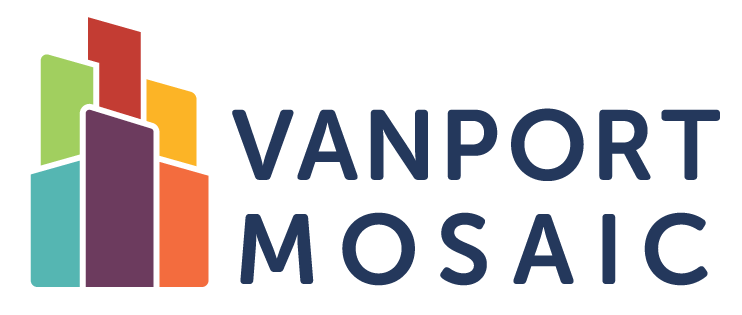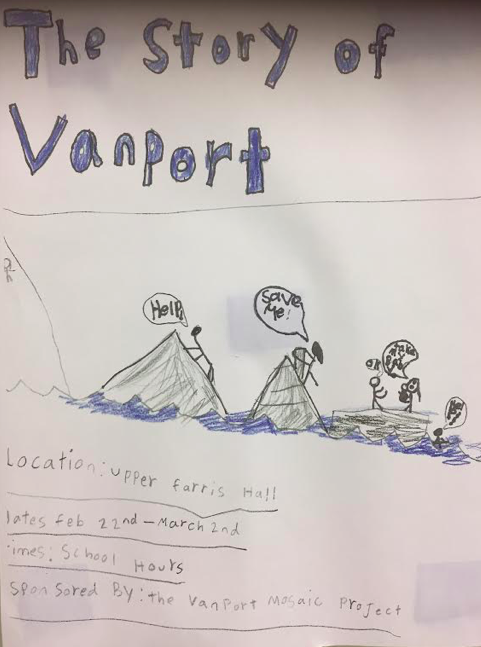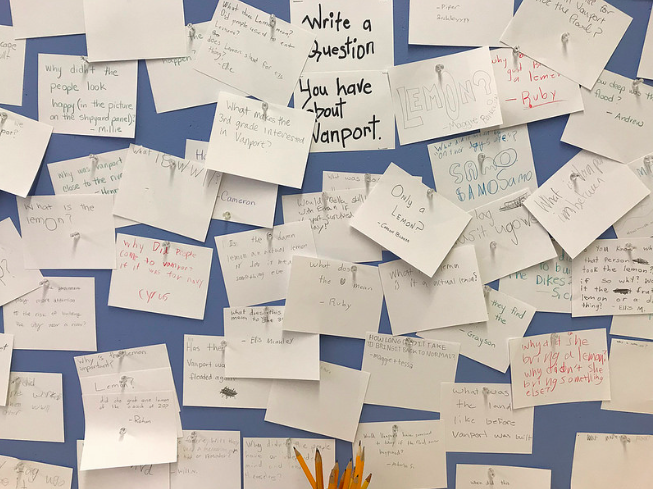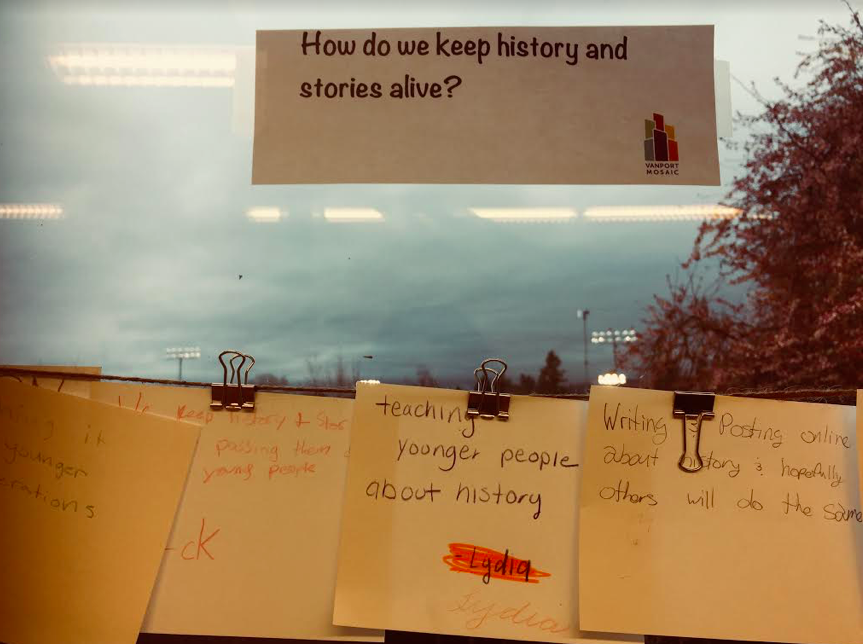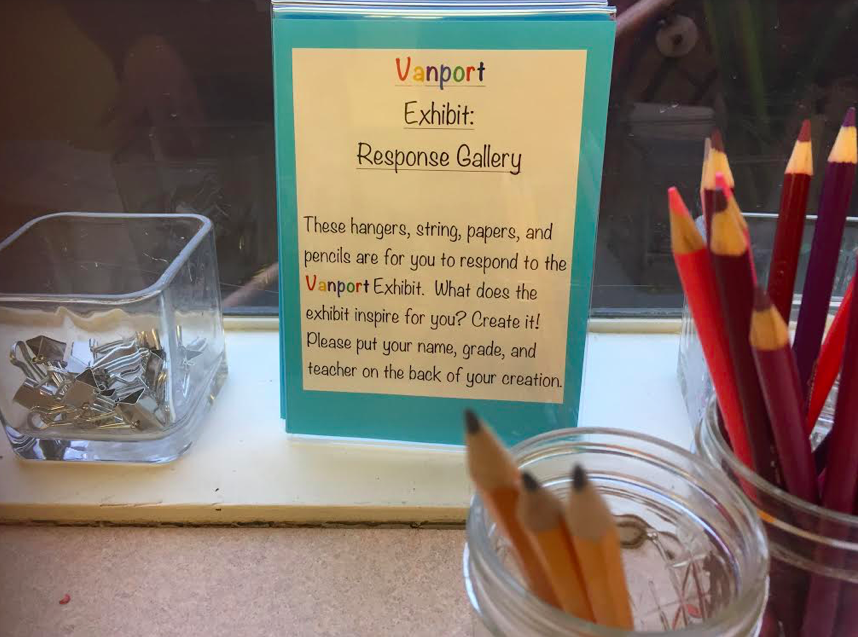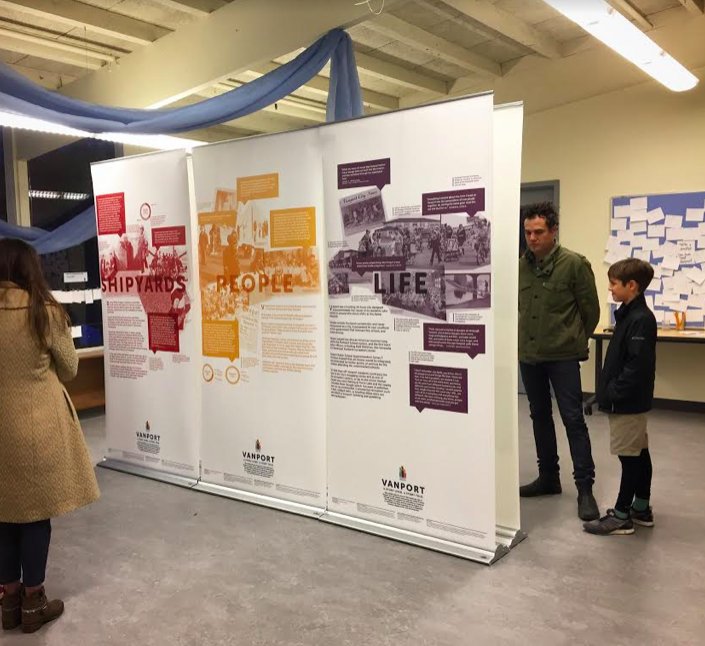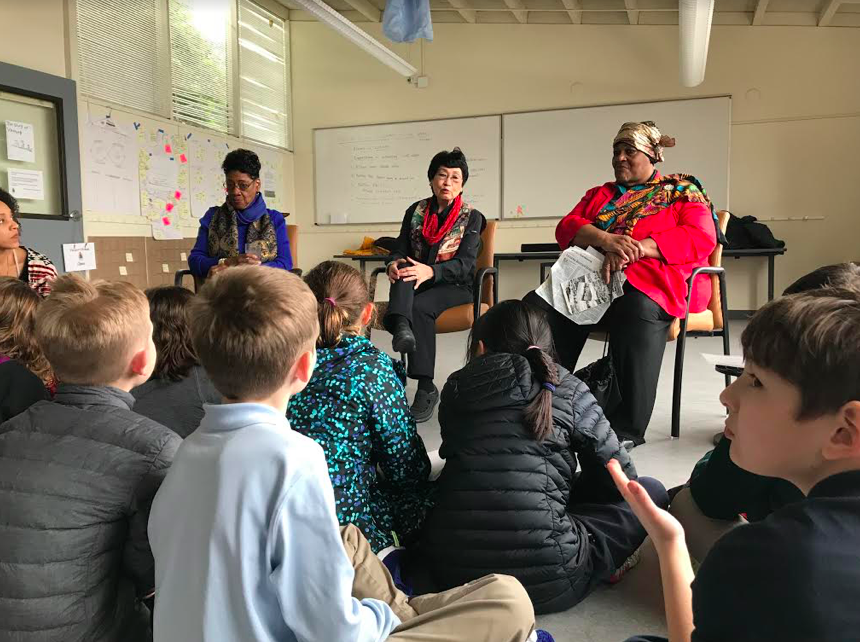We spent a week at the wonderful Oregon Episcopal School, where 3rd graders explored the history of Vanport and its legacy guided by their dedicated teacher Kiah Johnson Mousey.
We are so inspired by their reflections in response to our exhibit Vanport: A Story Lived. A Story Told!
On February 27th, as part of the Oregon Episcopal School Exploring Our Oregon History Through Art and Experience series, we screened Lost City, Living Memories: Vanport Through The Voices of Its Residents, a selection of short oral histories documentaries part of our growing collection. The room was packed with families and community members, including Vanport Flood survivors who shared their own memories. Prof. James S. Harrison helped us understand the impact of this history, and Story Midwife Laura Lo Forti talked about our on-going "memory activism" effort.
We closed this beautiful collaboration by curating a panel with former Vanport residents: an unforgettable intergenerational exchanged that touched everyone lucky enough to be part of it!
Would you like to create a meaningful educational experience and bring community voices to your school or community group? Let's dream up something together! Get in touch with Greta Smith, our educational programming director, at greta@vanportmosaic.org, or comment on this post.
